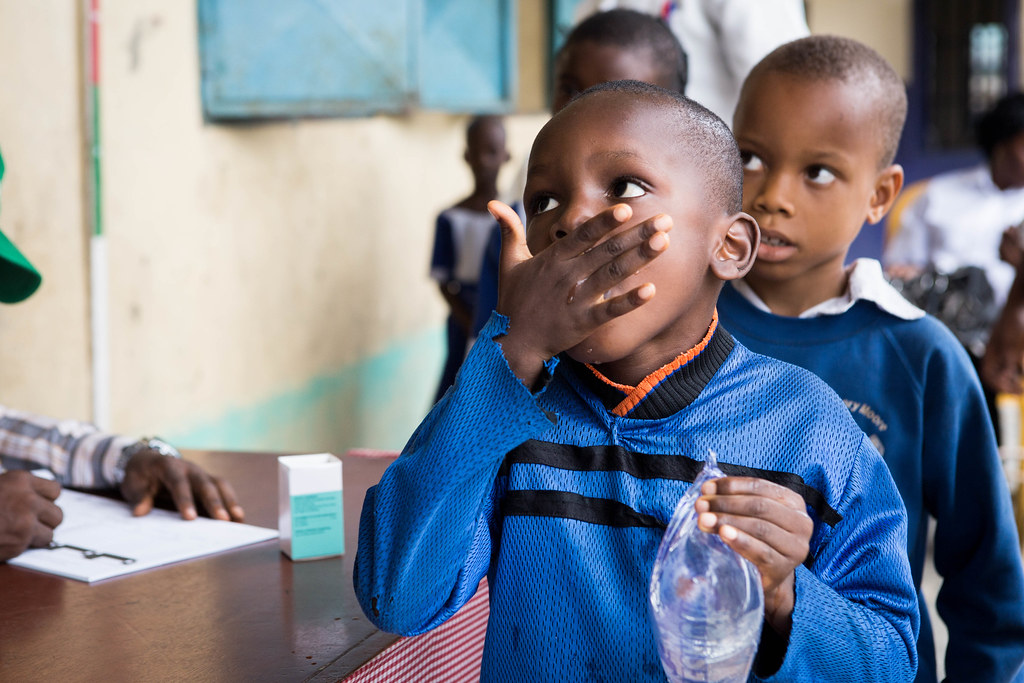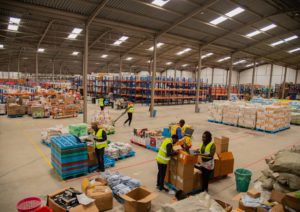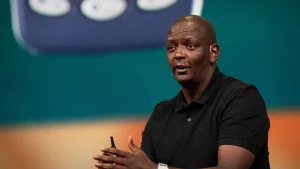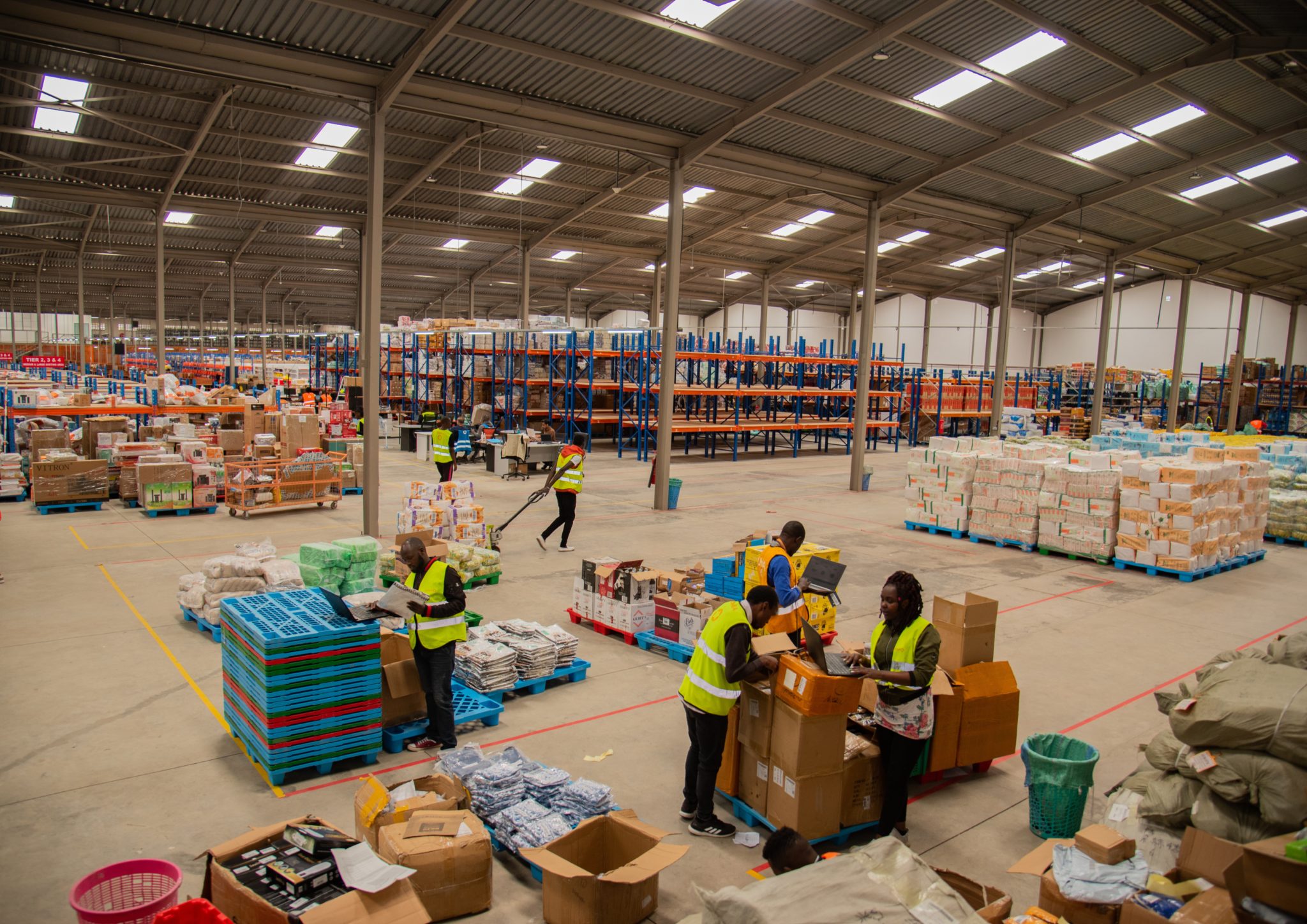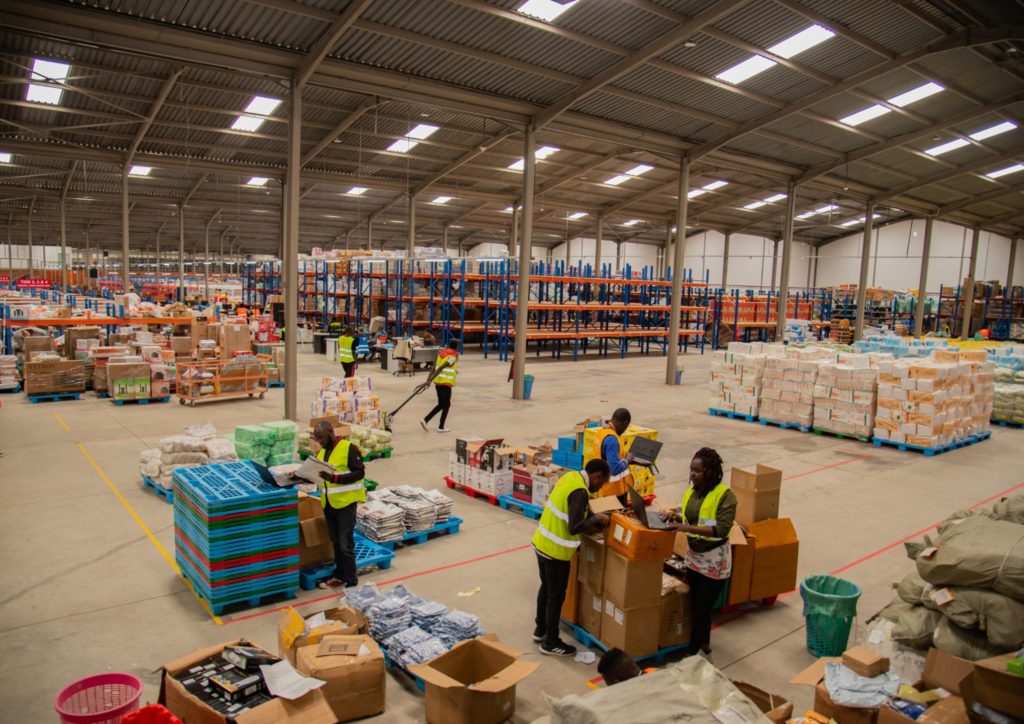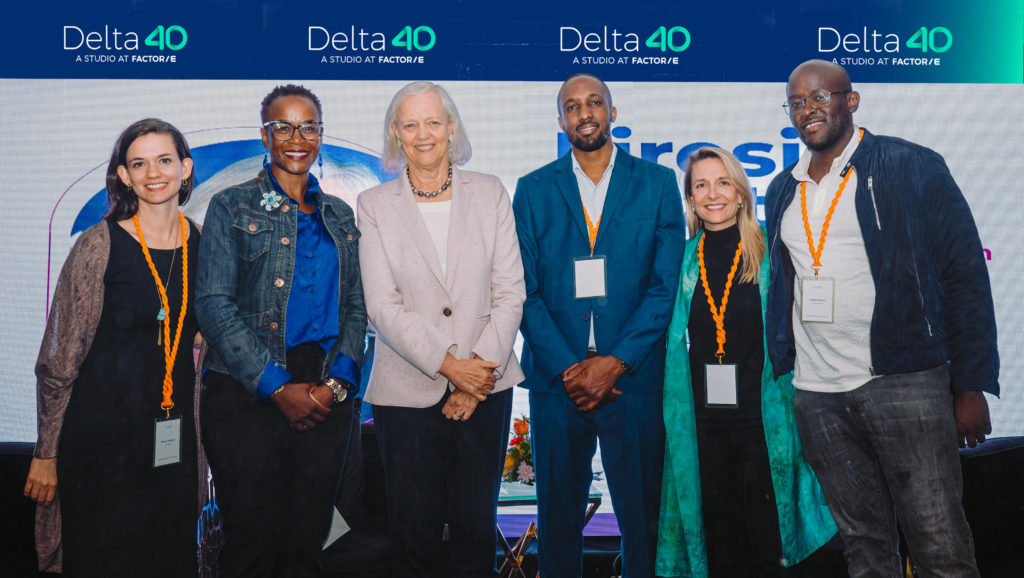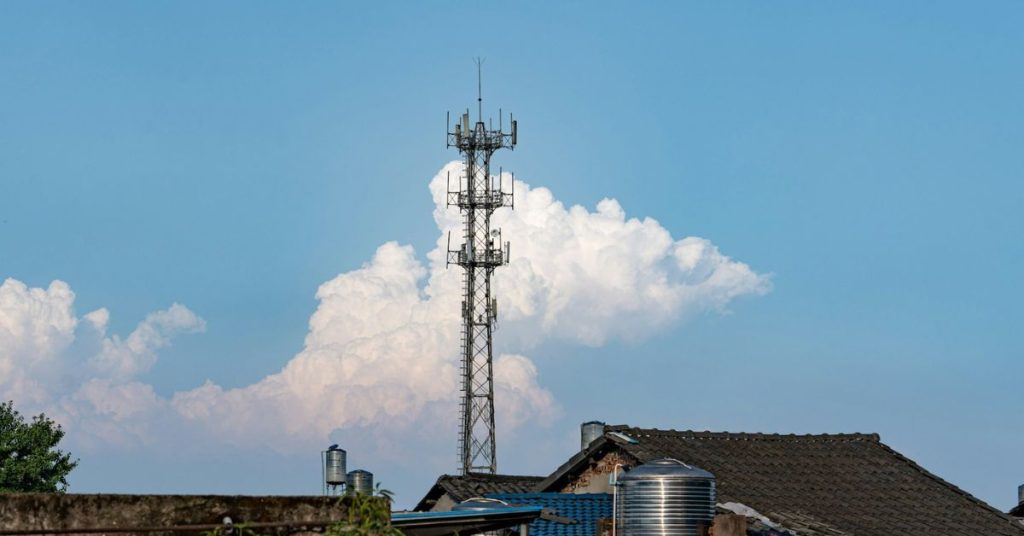For edtech companies across Nigeria, the coronavirus pandemic was the definitive proofing test. When schools shut down in March for the foreseeable future, learning apps, Zoom classes and self-developed learning portals were the assurance that learning could continue in defiance of the distance the virus brought about. Many edtech companies recorded significant increase in uptake of their products and EduTech, which serves the underserved tertiary level said they had begun to receive more attention and interest from hitherto disinterested university administrators.
Unfortunately, millions of students and thousands of teachers without digital skills or access to digital tools to aid e-learning fell off the system during this period and the longer schools stayed closed, there were concerns many could remain out of school permanently particularly girls in very disadvantaged communities, as findings from the Human Rights Watch show.
But now, as schools prepare to resume after a long break, many of those who will be able to return could be very much behind academically and require as much remedial assistance to catch up with their counterparts across the country.
In partnership with Mastercard Foundation, artificial learning training organisation, Data Science Nigeria (DSN) and edtech company Malezi have launched LearnatHome, a learning and remedial programme to cater to students in primary and secondary schools across the country who have been unable to continue learning since March for lack of access to online tools and services.
Under the partnership, DSN and Malezi have developed a large database of learning material in different formats to be disseminated across a number of channels including SMS, radio and USSD.
“We are excited to fund this project and to collaborate with DSN and Malezi to ensure that 1 million out-of-school children have different platforms and channels to continue to learn to remedy the time they’ve lost,” said Chidimma Lawanson, Country Head Nigeria, Mastercard Foundation, during the virtual launch of the program.
According to DSN Founder, Dr. Bayo Adekanmbi, LearnatHome’s solution is three-pronged: a homeschooling solution to cater to students who will be unable to return to school still (delivered as audio content); an after-school remedial program to enable students makeup for lost time and a learning adjustment support program which will offer students emotional and psychological support through call centers as they return to schools and try to readjust to learning amidst new COVID-19 regulations and restrictions.
All three solutions will be delivered in audio format prepared in line with the Nigerian Educational Research and Development Council (NERDC) curricula for primary and secondary schools through radio, USSD for feature phones and call centres.
In partnering with 15 radio stations across the country, students in all geopolitical zones will be able to access learning instructions across all 36 states every weekday.
Students can also interact with their instructors through quizzes answered via free SMS and receive feedback almost immediately on their responses. Two-minute snapshot of certain key concepts have also been made into interactive voice response (IVR) products that students can dial and listen to.
While LearnatHome offers predominantly offline solutions, there are still some aspects of its programs that will require internet access. For example, its Live tutorials planned for roll out in November as well as downloadable content from its mobile app which can then be viewed offline.
In the six months since schools have been closed, a number of states in the country have explored radio and television broadcasts to keep students without access to devices or internet connectivity in school. Lagos, Sokoto, Kano, Akwa-Ibom, Bauchi, Borno, Oyo and a number of others have kept students engaged through radio and TV programs and a number of startups, abreast of the challenges of internet access, did incorporate offline solutions into their services during this period.
LearnatHome promises to reach more students and as schools race to catch up on lost time, the remedial solutions will enable students handle the pressure that this will come with. But perhaps it’s most beneficial feature is the emotional and psychological support it promises to students.
Since talks about school resumptions began, a number of states definitively passed primary and secondary schools to resume on Monday, October 5. In Kwara, state-owned universities have been permitted to resume from October 12 or as deemed probable by their administrators. And while schools are being left to figure out how to put in place recommended sanitary and social distancing measures, the Imo state government says it is putting automations to be able to capture and track attendance more efficiently.
Part of the consideration that preceded these announcements as dictated by the Ministry of Education were dependent on the availability and accessibility of more testing centers, the nature of commute of students and staff to and from their schools, the capability of schools to handle guidelines and health concerns if and when they arise as well as the trajectory of cases in the country at least two weeks prior.
While the numbers have continued to oscillate, there’s been a steady increase in infections in the last three days in September. Not enough understanding of the coronavirus’ impact on children of school age is of concern as they resume.
Whether schools will remain open when they resume or whether classes will continue at half their capacity is also worth considering if the safety of students are at the center of these conversations.
What this means is that distance learning solutions may not quite be a thing of the past just yet and so concerted efforts to ensure that students already disenfranchised digitally can continue to learn must be intensified by both government and private interventions.









